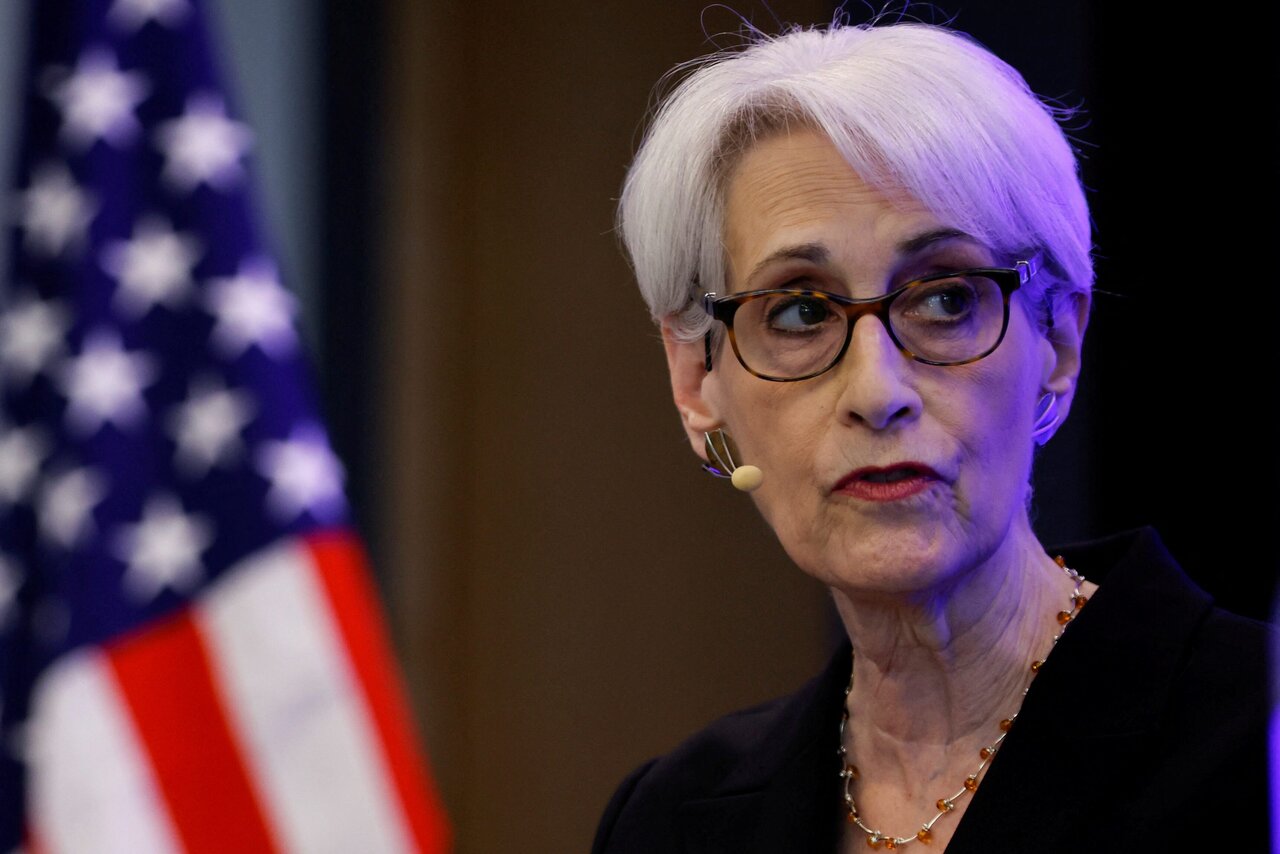'We’re in a really bad place:' ex-US diplomat on JCPOA, tensions in West Asia

TEHRAN – Wendy Sherman, the chief U.S. negotiator for the Joint Comprehensive Plan of Action (JCPOA), recently shared her perspective on the Iran nuclear agreement and the shifting geopolitical landscape during an interview with Richard Dearlove, the former head of MI6, on the One Decision Podcast.
"We're in a really bad place," remarked Sherman, who served as the U.S. Deputy Secretary of State from 2021 to 2023, reflecting on the current intricacies regarding potential nuclear negotiations between Iran and the West.
Sherman highlighted the advanced monitoring technology implemented under the agreement, explaining that this technology provided an early warning system to detect any deviations from the agreed terms.
"For instance, uranium accounting allowed for the monitoring of uranium from extraction to processing, ensuring that the output matched the input.”
She emphasized the collaborative efforts with the European Union, Russia, and China to secure the nuclear deal in 2015.
However, she noted that the situation deteriorated after Donald Trump unilaterally withdrew the U.S. from the deal in 2018.
"Since then, Iran has increased its uranium enrichment to 60 percent and could potentially reach 90 percent, sufficient for a nuclear weapon, within a short period," she claimed.
The former diplomat also mentioned a recent meeting between the E3 (the UK, France, and Germany) and Majid Takht-Ravanchi, Iran's deputy foreign minister, to discuss the possibility of resuming negotiations.
Sherman, who claims she spent extensive time negotiating with Takht-Ravanchi and current Iranian Foreign Minister Abbas Araghchi in the past, expressed her familiarity with these key officials.
She pointed out that the JCPOA includes a provision for a snapback mechanism in October 2025, which could reimpose UN sanctions on Iran if the deal is not upheld.
"This creates pressure to reach a new agreement before the deadline," Sherman claimed.
Sherman acknowledged the difficulties in forging a new deal, particularly due to the wider issues at hand, including Iran's support for the Resistance across West Asia.
According to Sherman, any negotiation would likely involve trade-offs.
"Iran could say, well, we'll give a little less money to Hezbollah, but we want the ability to do more on the enrichment side on our nuclear," she claimed.
She also expressed concern about the potential consequences of another round of conflict between Iran and the Israeli regime.
Revealing the U.S.'s hypocritical complicity in the Israeli regime's mass murder in Gaza and Lebanon, she said: "It's very difficult to withhold weapons from Israel," adding that the U.S. has "an alliance with and a commitment" to the regime.
"It was very difficult for the Biden Administration to do other than they did. But I wish we had used some leverage to increase the humanitarian access," the diplomat claimed.
At an event at the Institute for National Security Studies in 2016, Sherman said that she considers herself "a part of the American Jewish community," additionally describing the Israeli regime as "beloved."
